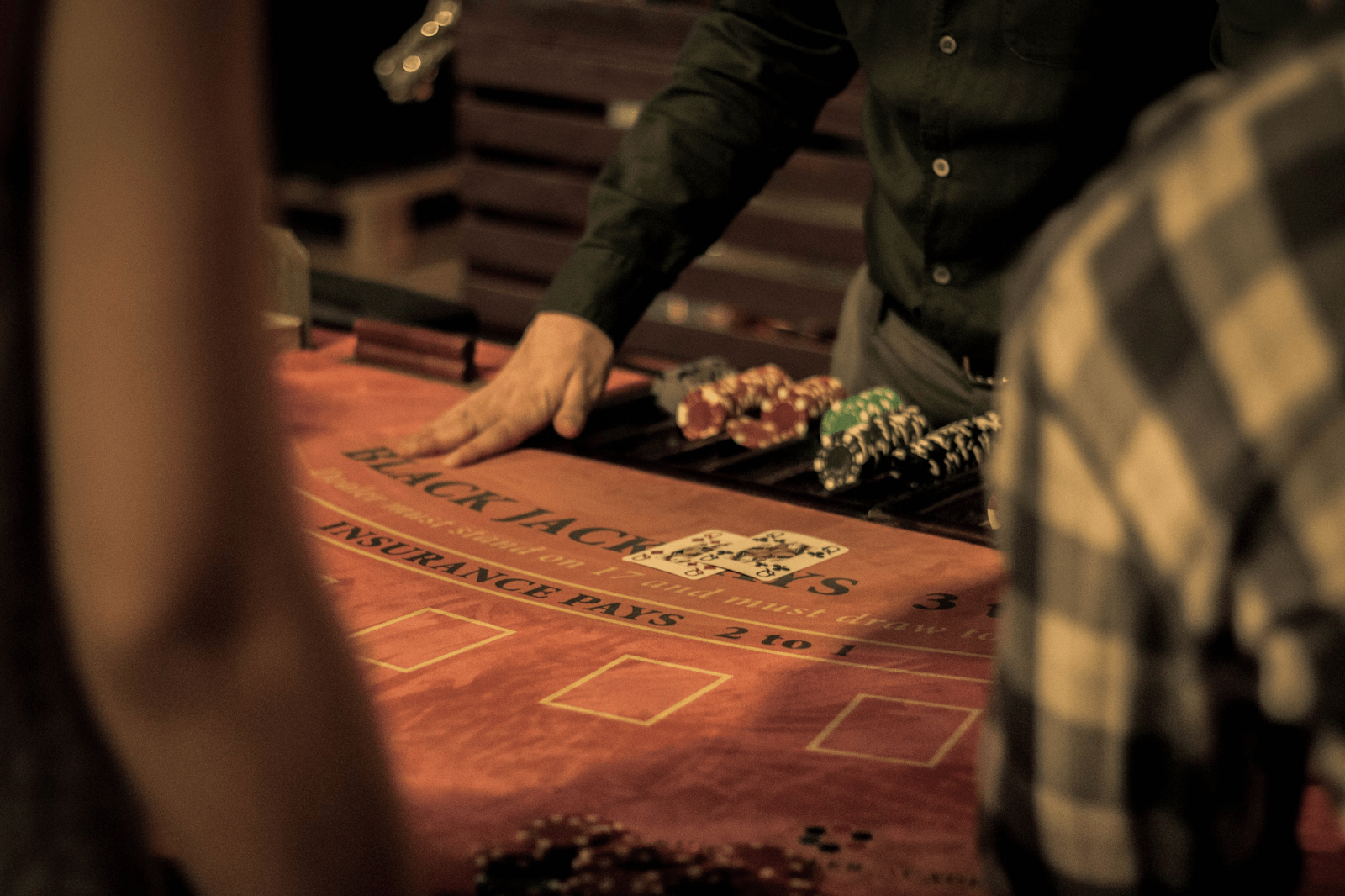Poker Etiquette: Do’s and Don’ts at the Live Poker Table
To play poker well, you need to know how to be polite to other people. Poker is a game of skill, strategy, and luck. Online poker lets you hide behind a screen, but when you play poker live in a casino or at home, you have to deal with other people in person. It's important to know and follow the unwritten rules of poker manners because how you act at the table can have a big effect on the whole experience for everyone. If you follow these rules, you'll be welcome at any live poker table, no matter how experienced you are or how new you are to the game.
{cach}
For beginners, stepping into a live poker room for the first time can feel overwhelming. Unlike playing at a $10 deposit casino online, where interactions are minimal, live poker demands awareness of table dynamics and respectful behavior. To help you navigate these waters and leave a good impression, this article outlines the key do’s and don’ts of poker etiquette, ensuring you conduct yourself in a way that’s respectful to others and beneficial to your own game.
Do: Understand the Basic Rules of the Game
Make sure you really understand the basic rules of poker before you sit down at a real-life table. This is very important if you're joining a table for a type of poker you don't normally play. It's rude to keep asking for more information or to make mistakes because you don't understand. The game might move more slowly, and other players might get stuck. Take the time to learn how to play the game you want to play, including how to bet and how to rank your hands.
Don’t: Play Out of Turn
New players often make the mistake of moving before their turn. In live poker, players must act in a certain order based on where they are at the table: they must check, bet, fold, or raise. When you act out of turn, like betting, breaking, or even just saying your move out loud, it can throw off the flow of the game and give other players information you didn't mean to give them. Keep an eye on who is taking turns at all times, and don't move until the dealer or another person tells you it's your turn.
Do: Protect Your Hands and Chips
During live poker, it is always your job to keep your cards and chips safe. Keep your hand over your cards or use a card protector to keep the dealer from mixing them up by chance or another player from seeing them. Also, make sure your chips are in order and that everyone at the table can see them. This keeps things clear during betting rounds and makes it easy for other players to see how many chips you have in play. It shows respect for the dealer and other players to be careful to keep their hands and chips safe.
Don’t: Discuss the Current Hand in Play
Ethics say that talking about the ongoing hand is rude, even if you are not part in it. If you talk about what you folded, guess what other players' hands are, or give them any hints, you could unfairly change the result. Saying something as harmless as "I had a good hand" can change the choices of players who are still in the hand. In general, if you're not part of the hand, you should keep quiet until it's over.
Do: Pay Attention and Keep Up with the Game
At a live poker table, it's important to keep an eye on what's going on even when you're not playing. This not only helps you play better, but it also shows that you respect the other people who are playing. Don't do things that will take your attention away, like checking your phone all the time, having side talks, or getting up a lot. Getting involved in the game makes it more fun and helps keep the game going.
Don’t: Slow Roll or Show Off
One of the worst things you can do in poker is slow roll, which means purposely taking a long time to show your winning hand. It's rude and could be seen as making fun of other players. If you have the best hand, show it off quickly and take the pot without making a scene. Also, don't act like a showboat after a big win or criticise other players for how they played. Remember that everyone is there to have fun and see how good they are, and talking too much can ruin the fun for other people.
Conclusion
Not only should you follow the rules, but you should also treat the other players, the dealer, and the game itself with care. If you follow these dos and don'ts, you can make sure that everyone at the table has a good time. Not only will good poker manners earn you respect, but they will also help you build an image as a skilled and polite player, whether you're in a high-stakes tournament or just a friendly home game. When you go to a real-life poker table again, remember these tips and try to play your best game, both strategically and socially.

